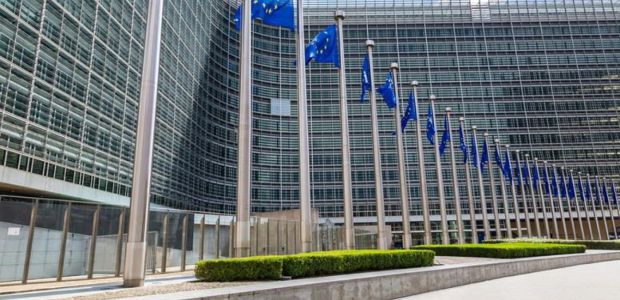The European Commission’s Directorate-General for Competition has proposed wider participation in a Special Purpose Vehicle plan tabled by the energy ministry that would effectively also take on board independent electricity suppliers, not just energy-intensive industrial enterprises, for purchases of lower-cost lignite-generated electricity produced by power utility PPC.
Energy ministry officials began talks aiming for further electricity market liberalization in Greece in the lead-up to the Christmas break. These are expected to continue following the festive season and end by mid-January.
The energy ministry officials went into the talks having proposed the establishment of an SPV that would exclusively facilitate lignite-generated electricity purchases made by energy-intensive industrial enterprises.
This is seen as a plan that could contribute to the power utility’s market share contraction in the high-voltage category and also support emission cost savings.
Greece’s pledge for a thorough plan promising to fully liberalize the electricity market and break PPC’s ongoing dominance has been under the spotlight during these talks.
Going into the negotiations, Brussels made note of Greece’s non-compliance with a European Court ruling on PPC’s lignite monopoly.
The European Commission has remained relentless in its demand for corrective anti-monopoly measures on lignite, including, according to sources, the establishment of auctions along the lines of the NOME auctions recently abolished by the Greek government.
Brussels insists the SPV would need to be supplied electricity by PPC through auctions. Greek officials have sought to avoid discussing such a prospect given the government’s recent decision to end NOME auctions, arguing these have cost PPC plenty without delivering results in terms of market share contraction at the utility.
A proposal entailing hydropower sourced electricity supply to the SPV, in addition to lignite-generated electricity, has also been tabled at these talks. This would help limit emission costs if suppliers also enter the SPV.
The European Commission may have applauded the government’s recent decision for a swifter decarbonization process, but it has remained adamant on the necessity for third-party access to lignite – until 2023, when all of PPC’s existing lignite units are planned to have been withdrawn – as well as hydropower if full market liberalization is to be achieved.





